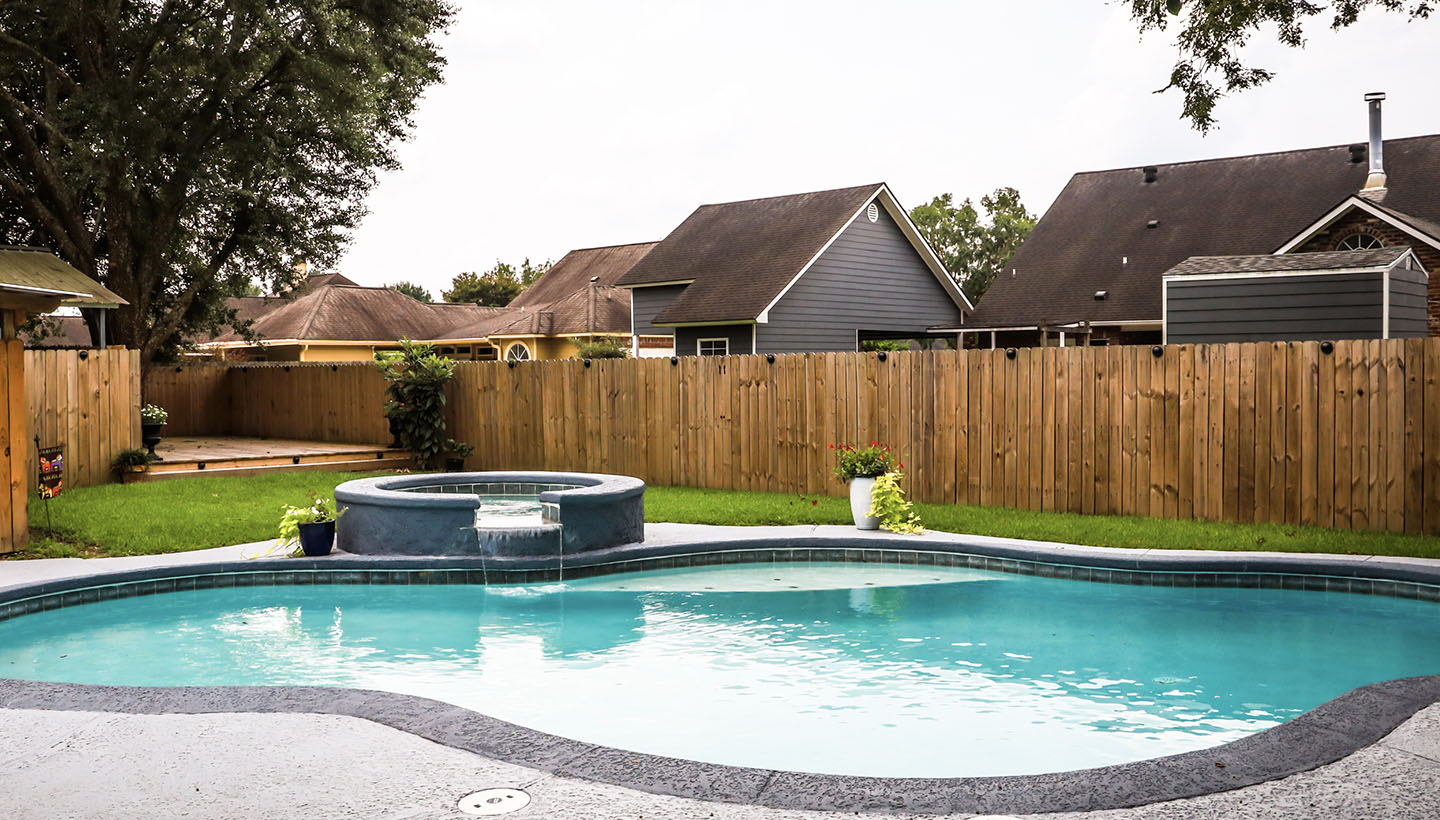
The Ins and Outs of Pool and Spa Inspections
Pool inspections are more in demand than ever, as the number of residential swimming pools in the U.S. has exploded in recent years. Home inspectors who are trained to perform complex pool and spa inspections have an edge in their market, can make more per inspection, and offer these services independently.
Interested in outpacing your competition? Let’s dive into the ins and outs of pool and spa inspections. (Pun intended.)
Ready to bolster your skills now? Enroll in AHIT’s Pool and Spa Inspection Course!
Why become a certified pool and spa inspector?
Adding swimming pool and spa inspections to your services is a great way to make extra income per inspection and grow your bottom line. And there’s never been a better time to add this skill.
New swimming pool installations in the U.S. exploded beginning in 2020 amid the onset of COVID and have continued steadily in years since. Recent stats show an estimated 10.4 million residential swimming pools in America and 309,000 public pools, according to the Pool & Hot Tub Alliance (PHTA). That’s about one pool per 31 Americans. That’s a sizable client base if you ask us!
In addition, swimming season is year-round in many parts of the country, with California, Florida, and Texas having the highest concentration of residential pools and spas. In warmer southern states, there’s enough clientele to keep you busy throughout the year. Moreover, hot tub sales in both warmer and colder states are on the rise.
Given the landscape of the pool and spa industry, there’s a massive need for inspections during new home purchases, for annual maintenance, and for anytime safety checks (or all three). The potential for a profitable add-on service is high.
How to become a pool and spa inspector.
As with other home inspection certifications, there are a few recommended steps to gain the expertise you need to properly inspect pools and spas.
1. Learn your state license requirements (if any).
First, you’ll need to research and understand your state’s swimming pool inspection regulations, if any. Will you need a license to offer this service? Are there state-specific training requirements? Get as much information as possible to ensure you remain compliant.
In most states, you’re not required to have a license to perform pool and spa inspections. However, some states require you to be a licensed home inspector to offer this service. That means you’ll need to earn a home inspection license before you can legally conduct pool and spa inspections.
In any case, it’s important to know what you’re doing. Completing a specialized pool and spa inspection course will give you the skills and knowledge you need to properly provide these services. Remember, homeowners with real concerns about their pools and spas want to work with a qualified professional who understands and follows inspection standards.
2. Complete pool and spa inspection education.
As a pool inspector, you’ll need to have comprehensive knowledge of the mechanics of both swimming pools and spas. This includes learning everything there is to know about pools and spas, including:
- Structure and materials
- Liners
- Filters
- Lights
- Decking and coping
- Skimmers
- Plumbing
- Mechanical systems
- Electrical systems
- Heating systems and thermostats
- Accessories, including ladders, diving boards, and water features
- Child-safety and anti-drowning safety barriers
- Standard inspection procedures
- Inspection reports
You’ll learn these skills and more when you take a pool inspection certification course. Note that while your home inspection training may have included basic information about pool and spa inspections, a certification course dives deeper into inspection methods and what to look for; ultimately, this makes you more valuable to your clients.
3. Research and purchase tools for pool and spa inspections.
Generally, you won’t need many additional tools to conduct pool and spa inspections. In fact, you’ll likely already have the tools you need in your home inspector toolkit. What’s most important is knowing what to look for.
That said, you may want to research and buy specialty tools to make your job easier, depending on the scope of your inspections. For example, some pool inspectors also use:
- Pool and spa leak detection equipment to help confirm leaks
- A borescope for increased visibility in pool plumbing and pipes
- A pool level monitor to check and adjust water level
4. Network and establish your pool and spa inspection business in your area.
Armed with new expertise, your final step is to begin marketing yourself as a pool and spa inspector – and a home inspector who goes the extra mile by doing pool and spa inspections. This is a lot like marketing your home inspection services. Here are a few key strategies to establishing your business and generating clients in your community.
- Promote Yourself. Promote your pool and spa inspection services by adding this service to your existing home inspector website or by creating a separate website. You can also promote your new service on social media and via direct mail. Plus, ensure that every home inspection client you work with knows you’re also a certified, knowledgeable pool inspector.
- Network. Network with real estate agents, building contractors, construction specialists, and even other home inspectors (who don’t already offer pool and spa inspection services) in your area. This helps you get your name out there and get valuable referrals.
- Work Your Contacts. Let your past home inspection clients, industry colleagues, family, and friends know you now offer pool and spa inspections. Discuss the importance of these specialty inspections and ask them to keep you in mind when they might need one.
- Join PHTA. Joining PHTA can help you stay up-to-date on industry best practices. As a member, you can also get listed (and be easily found by clients) in the association’s directory.
AHIT teaches you the fundamentals of home inspection – and pool inspection.
AHIT’s best-in-class home inspector training, home inspection certification programs, and professional development courses help you master the fundamentals of home inspection — and pool and spa inspection. Find your state course and start your journey as a skilled home inspector today.




